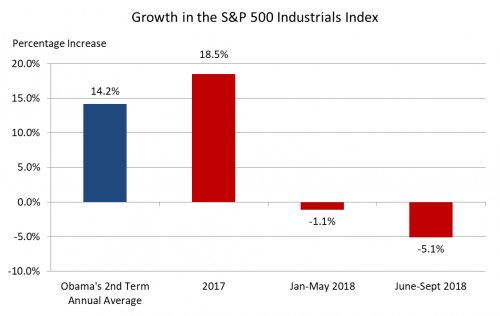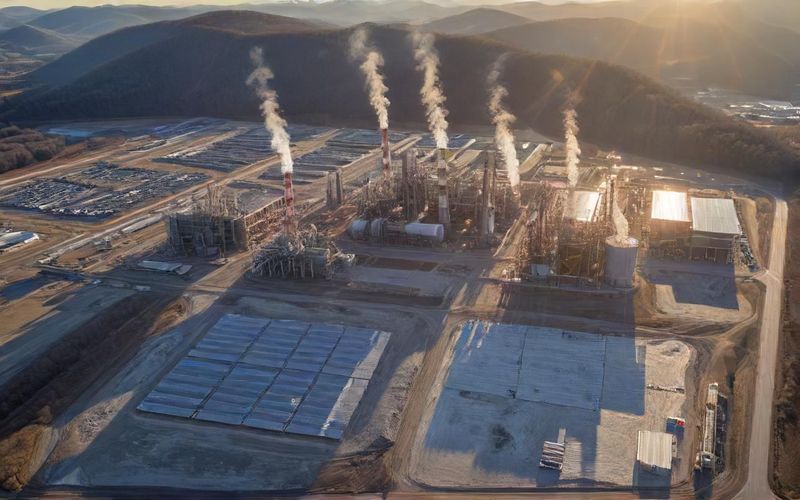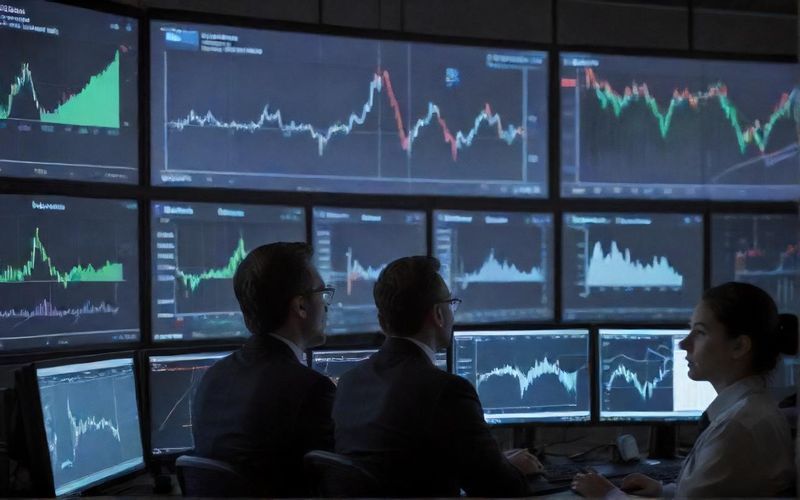Trump's Tariffs Trigger Global Market Plunge

President Donald Trump's announcement of sweeping new tariffs has sent global markets into a tailspin, sparking fears of a significant economic downturn. The tariffs, ranging from a 10% baseline on all imports to significantly higher rates for specific countries – 34% for China and 20% for the European Union – are being described by analysts as a potential economic "Armageddon."
JPMorgan Chase analysts predict a US recession, potentially impacting the global economy, if the tariffs remain in place. They estimate the tariffs will act as a $660 billion tax increase, the largest in recent decades, leading to a substantial surge in inflation, adding nearly 2% to the Consumer Price Index by 2025. This comes at a time when US inflation has already been stubbornly high, reaching 2.8% higher in February 2025 than the previous year.
Economists at UBS Global Wealth Management share similar concerns. Paul Donovan, chief economist, characterized the situation as the US "hacking off one of its limbs," predicting a US recession and subsequent negative global impact. Deutsche Bank echoed these concerns, noting a "meaningful increase in recession risk in the US."
The unpredictable nature of the tariffs is adding to the unease. Dan Ives, global head of technology research at Wedbush Securities, described the tariff calculations as "befuddling, insane, and absurd," stating that they defy basic economic principles. This lack of clarity has created significant uncertainty for businesses worldwide, hindering investment and potentially impacting employment. Ives predicts a negative GDP growth for Q2 and raises the odds of a recession to over 50%.
The EU, a major market for US exports, initially threatened retaliatory measures but has since indicated a shift towards targeting individual firms rather than entire sectors, fearing negative impacts on European consumers. However, other governments may not be as restrained, potentially escalating the situation and exacerbating inflationary pressures globally.
While some analysts, like Oxford Economics, believe a global recession can still be avoided, they anticipate significantly weakened growth, potentially the lowest annual rate since the global financial crisis (excluding the pandemic). The uncertainty surrounding the tariffs, combined with potential retaliatory measures, presents a significant challenge to global economic stability and threatens to disrupt supply chains and increase consumer prices worldwide. The long-term consequences of President Trump's actions remain to be seen.









